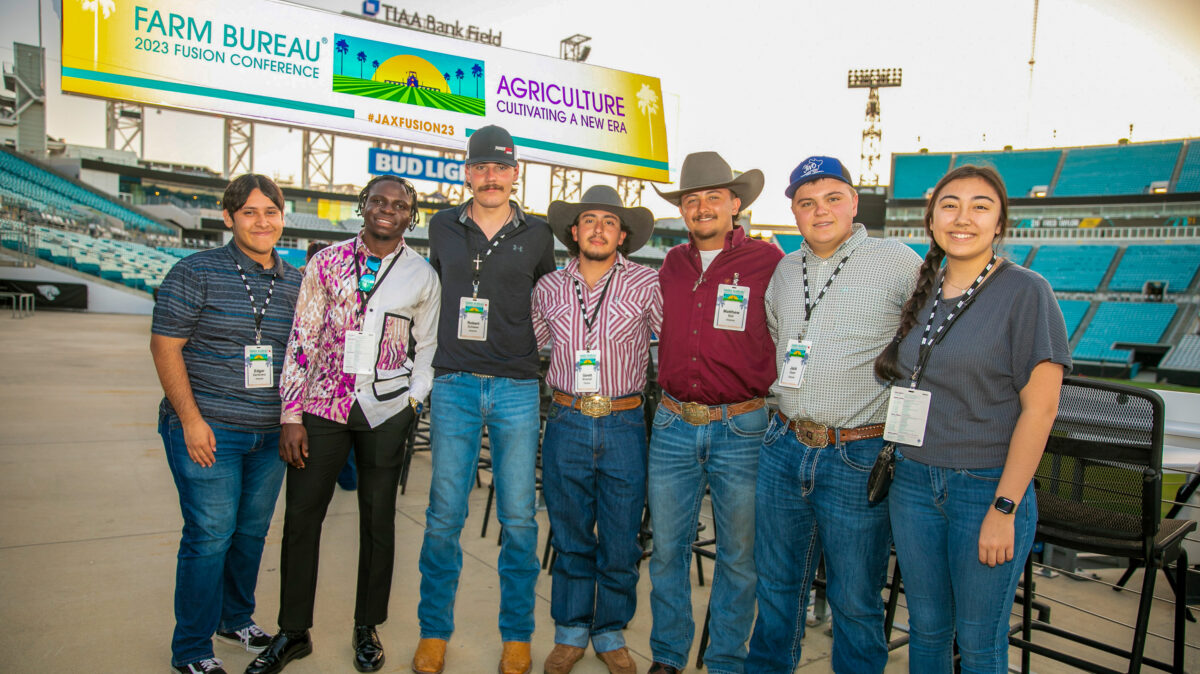Inside the Minds of Early Millennials
TOPICS
millennialsGuest Author
Special Contributor to FB.org

photo credit: AFBF Photo, Wales Hunter
Guest Author
Special Contributor to FB.org
By Charlie Arnot
While we tend to talk about millennials as a homogenous group and characterize them with sweeping statements, trust research from The Center for Food Integrity shows there’s a distinction in attitudes about food and agriculture between early (aged 18 to 25) and late (aged 26 to 37) millennials.
As food and agriculture communicators – and farmers – look to engage younger consumers, avoid the mistake of generalizing an entire generation.
What’s important to early millennials is very different than top-of-mind issues for late millennials.
What’s important to early millennials is very different than top-of-mind issues for late millennials.
On a list of 18 life issues, EMs are most concerned about having enough food to feed people in the U.S., followed by personal financial situation and unemployment in the U.S., while LMs’ top three are rising health care costs, keeping healthy food affordable and affordability of food in general.
Concerns about feeding people in the U.S. and finances and unemployment speak to both a higher social consciousness among EMs and the focus on managing money and establishing their early careers.
On a list of sources trusted to ensure healthy food, EMs trust all sources more than LMs. The top source for EMs is family, followed by family doctor and then nutrition advocacy group. The top source for LMs is family, followed by family doctor and then farmers.
More so than LMs and other segments including men, women, foodies and early adopters, EMs believe the food system is headed in the right direction.
Both EMs and LMs feel they know more than others about food and agriculture, have a more positive attitude about both and a higher interest than all other segments in learning more.
This presents a golden opportunity to engage this segment. They may be skeptical, but they are also curious. How will your company, organization or farm tap into that curiosity?
This up-and-coming influential segment has the potential to help balance the conversation about food and agriculture if an effort is made to earn their trust.
Learn more about CFI’s latest research, “A Dangerous Disconnect: CFI Research IDs Food and Ag Trust Gaps.”
Charlie Arnot is CEO of The Center for Food Integrity (http://www.foodintegrity.org) and president of Look East, a consulting company with offices in Missouri and Iowa. This column was originally published on the CFI Blog.
Trending Topics
VIEW ALL